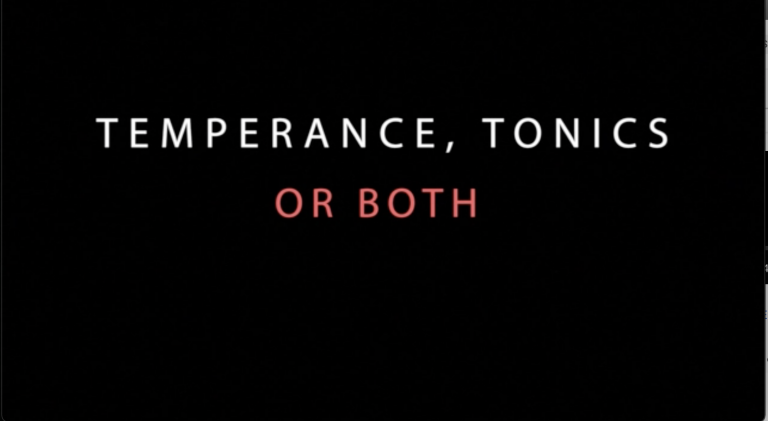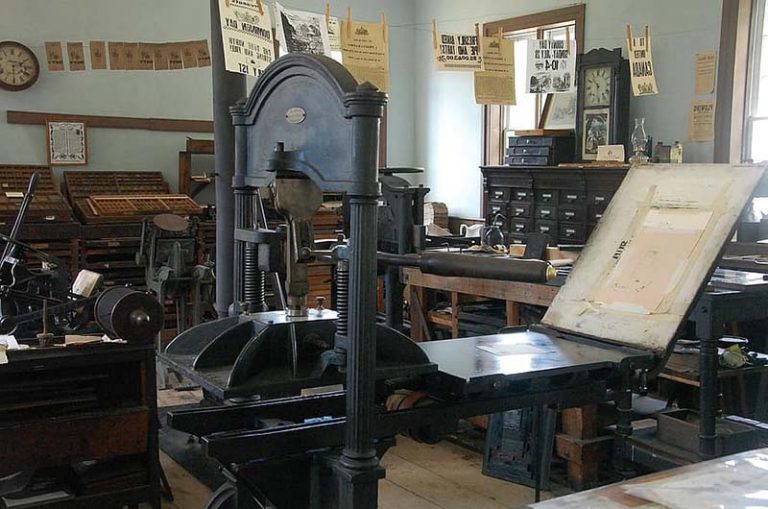First published: June 28, 2006
There was a rather disjointed, unfocused session regarding the future of journalism this evening to kick off the next three days worth of session.
Jeff Jarvis, a well-known leader in the area of blogging and online journalism, and Vin Crosbie, of the Corante Media Hub, steered the discussion under the title of “How will journalism stay relevant? To whom? In what forms?”
There was a strong message from Jarvis, in his opening remarks, asking the discussion NOT be about bloggers vs. journalists. He asked participants to get beyond the us vs. them dichotomy. The focus should be about opportunities, he said. Success stories. Invention.
While it was not articulated as clearly as it should have been, there is a sense online journalism wants to move away from opinion and more into storytelling. At Loyalist, this is the foundation of our work. We preach the importance of excellent content. As Helen Thomas, the famous White House correspondent, said, the most powerful journalism is telling the straight story and letting people make up their own minds. There was also a call to maintain the foundations of journalism, from being a watchdog to verficiation of facts.
One of the best lines of the evening: Everyone with a laptop thinks they can be a journalist.
Another catch phrase: blogs are the weapons of mass distraction.
Sadly, the discuss veered on several occasions as some participants took their shots at the established, major media for not doing coverage according to standards set by the questioner. But, that is expected. There seem to be lots of people with axes to grind.
Several key ideas emerged: connections, conversations, and sustainability
Connections means the ability to not only connect to the Internet, but also through the network of people online.
Conversations are the ones between people and journalists, then amongst the audience itself.
Sustainability is the central question of how we can carry on both financially and professionally.
The discussion remains one that is paralyzed. We keep treating this technology in a very primitive manner. As Professor Fred Fletcher, at York Univerisiy, pointed out, new technologies are often used to make existing things easier. The car was a horseless carriage. People don’t really see the new possibilities, they just impose the old scenarios on to the new template. Blogs are merely editorials/guest columns online. Chats with reporters are simply one-on-one encounters that would have happened on thephone, but now take place in front of others (not much more than voyeurism).
E-journalism proposes a radical transformation. We need to look at new methods of storytelling using new tools. At Loyalist, we experiment with new storytelling forms, using hyperlinking, multimediality and interactivity in an effort to truly redefine journalism and its traditional forms. We train journalists to use the high tech toys and tools, like wireless phones as reporter’s notepads that post immediately to a web site. We also use streaming combined with chat to create interactive events. We also create innovative partnership where we enahance civic discourse and provide news for farmers in our region.
E-journalism is about educating, engaging and empowering people. That’s what we do.

